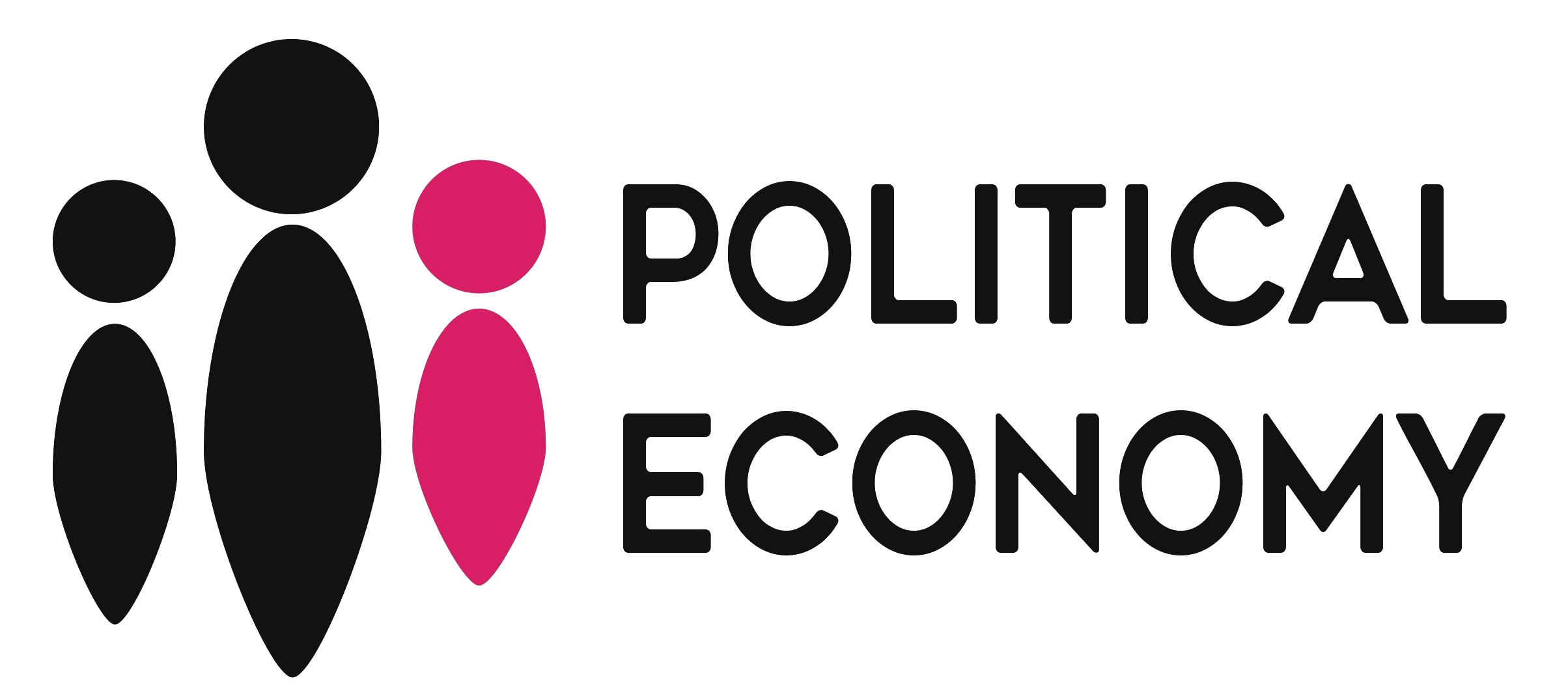Nudging
- Type: Seminar (S)
- Semester: WS 18/19
-
Time:
2018-10-17
10:30 - 11:30
Geb. 10.50, Raum 604
2019-01-14
08:00 - 19:00
Geb. 10.50, Raum 604
-
Lecturer:
- SWS: 2
- Lv-No.: 2560140
- Nudging
Nudging, also known as “libertarian paternalism”, describes the concept of gently directing people’s behavior in a desired way without restricting their choices. What distinguishes nudging from manipulation is that it should help people to make decisions that are truly in their own interest. An influential book in this context is Nudge: Improving Decisions About Health, Wealth, and Happiness by Richard Thaler and Cass Sunstein. This is also a good introduction into the topic for the interested reader.
A well-known example is the use of the energy label of the European Commission when it comes to electronics. The European Union has set itself the target of saving 20% of energy compared to the projected use of energy in 2020. With the help of a scale (typically from A to G), potential customers can easily identify energy efficient devices, but are not restricted from buying a more energy consuming alternative.
Also, the use of warning labels on products containing alcohol or tobacco is just one of several instruments that can be used in order to nudge people. Other instruments include the use of default options (e.g. organ donations or automatic enrollment in renewable energy contracts), reminders (e.g. vaccination campaigns) or convenience (e.g. making healthier food options more visible and accessible in lunchrooms). These and other instruments may also be combined in order to increase their impact.
Policy makers now seem to be aware of the potential nudging offers. The United Kingdom has established the Behavioural Insight Team, also known as the nudge unit, the United States founded the Social and Behavioral Science Team and in Germany, the Umweltbundesamt also explored the possibilities of employing nudges to foster sustainable consumption patterns. Also the OECD and the World Bank have set up nudging units. Yet public debate has also criticized forms of nudging due to the paternalism they involve.
- Scope of the Seminar
In this seminar, participants design nudges and study their impact, or study attitudes towards nudges. With the support of our chair, students develop their own ideas for the design of an economic lab or field experiment. Nudge by Richard Thaler and Cass Sunstein can be used as a general jumping-off point, as well as their research papers on the topic. Further impulses and inspirations can be received from George Loewenstein (e.g. on health-related behavior), Eric Johnson and Daniel Goldstein (on organ donation), and David Hammond (on cigarette warning labels). Thomas Mariotti, Nikolaus Schweizer, and Nora Szech (2018) provide a framework for nudging in the context of self-control and refer to many experimental contributions as well.
Please note that no topics will be handed out. Instead, participants will develop their own research question in the broad field of nudging. Students will work in groups of three. If the process of group formation is unsuccessful, participants will be assigned.
The seminar starts with an introductory meeting on Wednesday, October 17 at 10:30 am in building 10.50, room 604. Ideas for experiments or field studies will be presented in a block event on Monday, January 14 in building 10.50, room 604. Each presentation should last max. 20 minutes. Full attendance in both meetings is required for successful participation in the seminar. Seminar papers of 8 – 10 pages are to be handed in by February 18.
For bachelor students, grades will be based on the quality of presentations in the seminar (50%) and the seminar paper (50%). Master students additionally have to hand in two abstracts with their paper. Their grades will be based on the quality of presentations in the seminar (40%), the seminar paper (40%) and the two abstracts (20%) –one with a maximum length of 100 words and one with a maximum length of 150 words. Both, Bachelor and Master students, can improve their grades by 0.3 for good and constructive discussion contributions or by 0.7 for excellent and constructive discussion contributions. Application will be possible via the centralized platform until September 17, 2018. Please note that we will ask you for a brief description of the topic and research question you are interested in, in order to ensure a well-balanced variety in the seminar. For further questions, please contact David Huber (david.huber@kit.edu) or Jannis Engel (jannis.engel@kit.edu).
Literature
Hammond David, Fong Geoff T., McNeill Ann, Borland Ron, and Cummings K. Michael (2006) Effectiveness of cigarette warning labels in informing smokers about the risks of smoking: findings from the International Tobacco Control (ITC) Four Country Survey. Tobacco Control 15(3): 19–25
Johnson Eric J. and Goldstein Daniel (2003) Do defaults save lives? Science 5649(302): 1338–1339
Loewenstein, George, Asch, David A., Friedman, Joelle Y., Melichar, Lori A., and Volpp, Kevin G. (2012) Can behavioural economics make us healthier? British Medical Journal 344:e3482
Mariotti, Thomas, Schweizer, Nikolaus, and Szech, Nora (2018) Information Nudges and Self Control
Newell, Richard G. and Siikamäki, Juha V. (2014) Nudging Energy Efficiency Behavior: The Role of Information Labels. Journal of the Association of Environmental and Resource Economists 1(4): 555-598
Sunstein, Cass R. (2014) Nudging: A Very Short Guide. J Consum Policy 37(4): 583-588
Thaler, Richard H. and Sunstein, Cass R. (2009). Nudge: Improving decisions about health, wealth, and happiness

